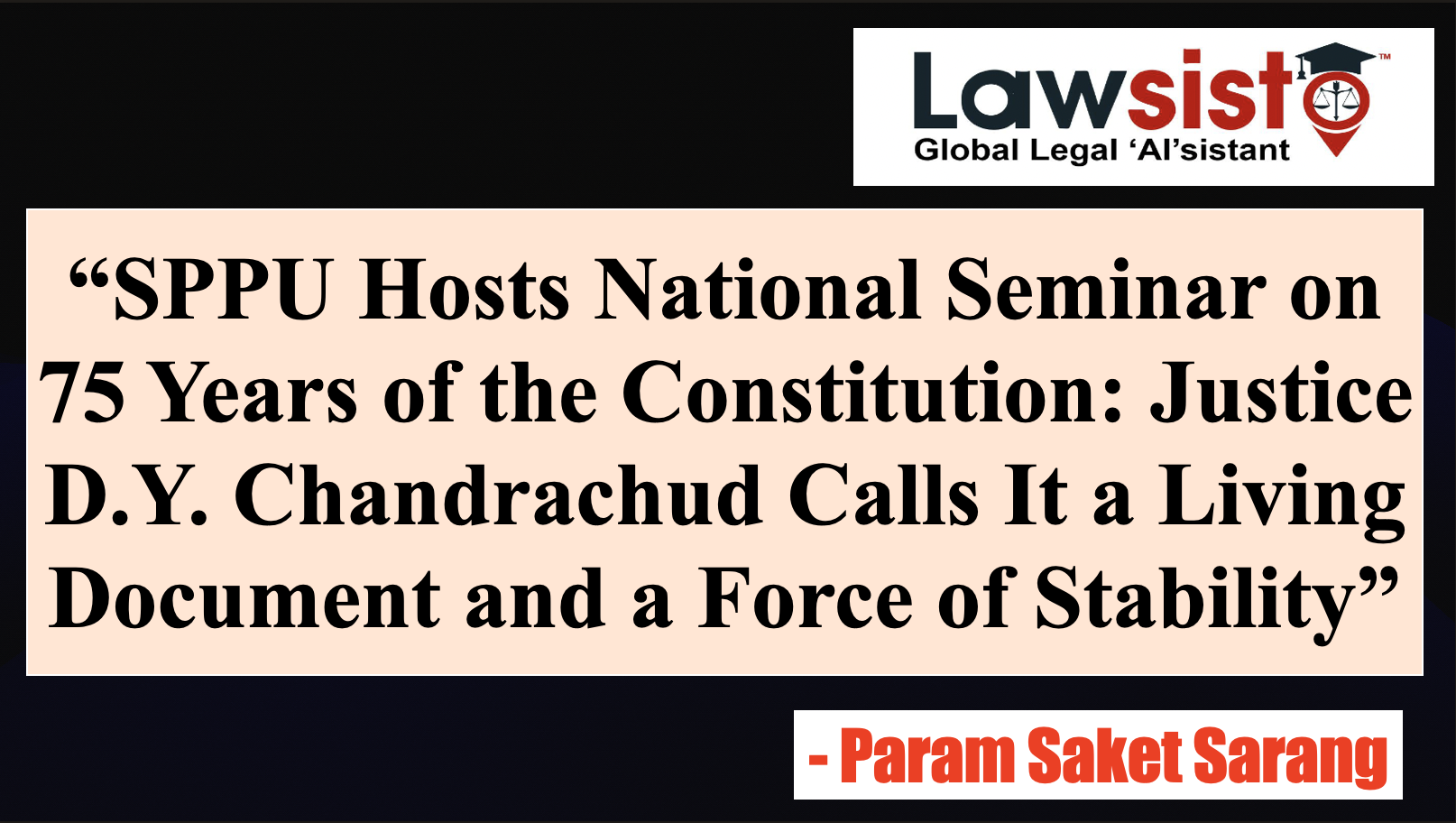Latest Articles
Back

Corruption laws in India

Corruption laws in India
Under the Indian Penal Code, 1860 and the Prevention of Corruption Act, 1988 public servants in India can be penalized for corruption. Benami transactions are prohibited in The Benami Transactions (Prohibition) Act, 1988. The offence of money laundering is punishable under the Prevention of Money Laundering Act, 2002. Since 2005 India, though not ratified, is a signatory to the UN Convention against Corruption.
Key Features of the Acts related to corruption are:-
1. In the Indian Penal Code, 1860:
- Section 169 penalizes a public servant unlawfully buying or bidding for property. Under this the offender shall be punished for a term which may extend upto 2 years and the property shall be cnfisticated.
- Section 409 penalizes criminal breach of trust by a public servant. By this the public servant can be punished for life imprisonment or for imprisonment upto ten years and fine.
- If a public servant takes money for doing an official act other than his legal remuneration, the person shall be held liable to a minimum punishment of six months and maximum punishment of five years and fine.
- A public servant shall be penalized if he accepts a valuable thing without paying for it from a person with whom he is involved in a business transaction.
2. In the Benami Transaction (Prohibition) Act, 1988:
- The Benami Transaction (Prohibition) Act, 1988 prohibits any benami transaction (a benami transaction is one which when purchased a property in the false name of another person who does not pay for the property). The exception to this act is when a person purchases property in his wife’s or unmarried daughter’s name.
- Any person who enters into a benami transaction shall be punishable with an imprisonment which may extend upto three years and/or a fine.
3. Others:-
- The offence of money laundering has a punishment that is rigorous imprisonment for a minimum term of three years which may extend upto a maximum term of seven years and a fine which may extend upto Rs 5 lakh.
- If a person is convicted of an offence under the Narcotics Drugs and Psychotropic Substances Act, 1985 the term of imprisonment can extend upto 10 years.
- The Central Government appointed an Adjudicating Authority who shall decide whether any of the property attached or seized is involved in money laundering. Appeals against the orders of the Adjudicating Authority and any other authority under the Act shall be tried by an Appellate Tribunal.
- Every banking company, financial institution and intermediary shall maintain a record of all transactions of a specified nature and value, and verify and maintain records of all its customers, and furnish such information to the specified authorities. Process followed to investigate and prosecute corrupt public servants
- Central Vigilance Commission (CVC), the Central Bureau of Investigation (CBI) and the state Anti-Corruption Bureau (ACB) are the three main authorities involved in inquiring, investigating and prosecuting corruption cases.
- Prosecution can be initiated by an investigating agency only after it has the prior sanction of the central or state government. Government appointed prosecutors undertake the prosecution proceeding in the courts.
- All cases under the Prevention of Corruption Act, 1988 are trialed by Special Judges who are appointed by the central or state government.
















































































































































































































































































































































































































































